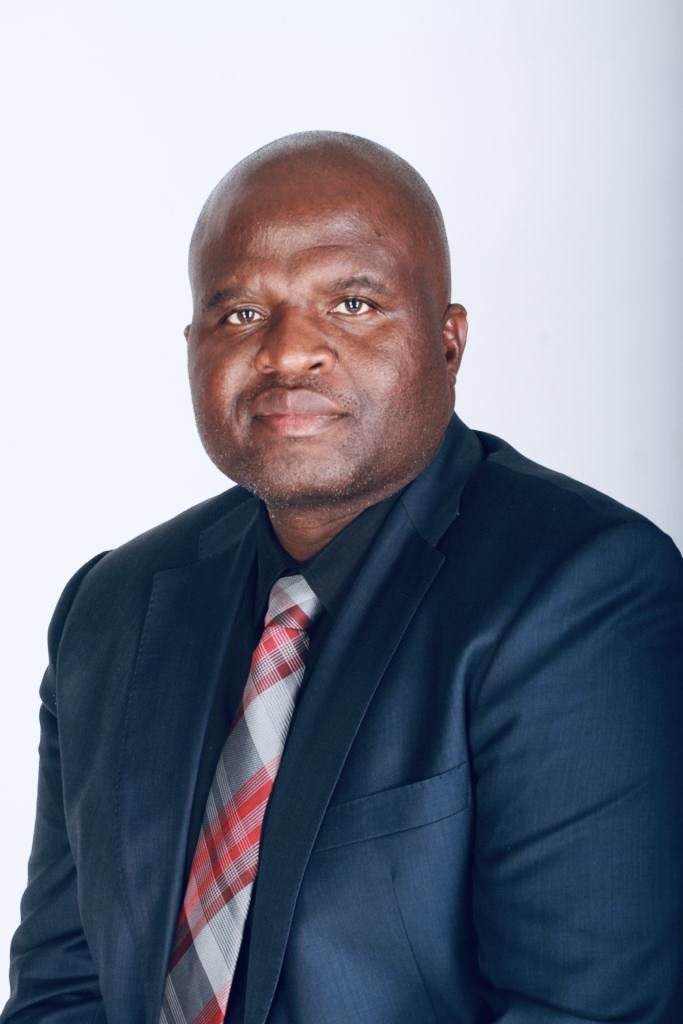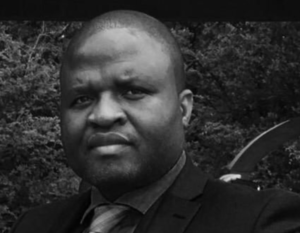By Tinomudaishe Chinyoka
I went to Mberengwa at the weekend, as I have been doing since the chief gave me a piece of land on which to build my home in the land of my grandfathers.

It is a bittersweet drive, every weekend. Between Shurugwi and Zvishavane, the land mourns and groans at the rape that has been perpetrated on it, largely by foreigners whose love is not for the beauty and sanctity of the soil, but that which it hides.
People looking for chrome and other minerals have cut across the land, leaving mounds upon mounds of rubble, no effort expended towards at least covering up the trenches and ditches. Those who own some cattle alongside these places must sleep with one ear open to the possibility that any day, one might fall in and die.
The land is no longer beautiful, it’s plains replaced with rejected soil and injured rocks, the occasional excavator still extracting and injuring, the owners puffing away at their cigarettes as they poison their lungs and the soil all at once.
But, as you drive into the foothills of Zvishavane, you are reminded again why the first foreigners came and took our land, and kept it as theirs as long as they did and even now, claim it as theirs. It is beautiful country, rolling hills and lush vegetation that reminds you that this is home, Zimbabwe.
We do not have a bragging culture, which is why people will fly to watch the Smoky Mountains of Tennessee but will never hear of the rumbling dotted hills of Zvishavane and marvel at a name that seems to say a lot and nothing at the same time.
Then as I drive into Mberengwa, via Mbalabala Road, I see the homes I used to see when I was young, back when we moved a lot because my father refused to have any relationship with working in the fields, preferring the goads of alcohol and the solace they offered for a life whose sole attribute was ‘potential’. It is a patched land, but one whose people still imbue the love and welcome that must have caused them serious trouble back when the armies of the great Mfecane ravaged the savanna.
Arrive at the home of my people, where I will be hosted as I build, and the young women of the home all drop down to the floor, laying there unmoving. I am stunned, because it has been long since I left the land of my grandfathers, and l have forgotten to remember this great tradition.
A flash of guilt passes me, as unworthiness feels tangible in the mind. I do not know what they mean, I do not know what to do or say to them, only that this is something important, something reverential even, but directed toward one that has no tools or words with which to reciprocate the love and honour that this gesture means.
So they stay laying on the ground, while I look for someone to translate this action, and tell me what to say to these young women who value a culture which the nouveau enlightened will call backward and oppressive.
They are greeting you, I am told, and a lump grows up my throat. I am after all the son of he that had nothing who died with even less. How to take in the sight of six women on the ground, unmoving, honouring the progeny of a man whose name was an literally insult.
So I ask one who owns the home where they live. He shows me how to thank them, says something to the ladies, and I watch as they all get up to go back to their chores. Has a person ever been better honoured that didn’t deserve it? I doubt it.
The land of my grandfathers is a beautiful land. It has vast riches buried underneath yes, but it’s beauty also lives in what is above. The beautiful young woman who failed Form 4 last year and decided that she will go back and start Form 3 and brave going to school with the people that once where her juniors, her eyes betraying the Jewish origins of her forebears in their clear brown, her beauty unstated because of what poverty has done but there nonetheless.
It is a beauty that reminds you of the group of small boys deep inside Chomukoto, that mountain forest that sustained many a liberation fighter in their quest to free the land, who fill in gullies and potholes in the road on the offchance that a padding car might pass by and offer some coins, yet scared enough that when one does stop, they scramble around in different directions.
It is from them that she will find one to call husband, their children’s prospects doomed to repeat this cycle. Unless of course if one of her teachers makes her pregnant, or she is forced up north to Neta or Chomubhobho to look for coin by selling the only thing she has: herself. Life, when it deals you a bad hand, can be cruel at times.
This is the land of the child who stays with her grandparents during the week to go to school, then gets on an overcrowded kombi whose doors won’t open from the inside so that she might travel to where her parents are panning for gold in the northern parts of the district. Year after year they keep hoping that one day they will strike it rich and look after their daughter better, except that she has grown without them, and will be out of their home when they return.
This is the land that is saturated with hope and expectation. That the mineral wealth in the land will be used to build hospitals and clinics, to site dip tanks and boreholes in order that livestock might thrive and people might have clean drinking water. It is a land that hopes that mineral extracting companies will consider the people who live above their riches as the true owners of that which they mine, and share with them.
It is a land that hopes in vain.
It is a land that is pregnant with opportunities: to build cities and create manufacturing hubs, being so near to South Africa and markets there. A land where dams might be built on the mighty Mwenezi River to unlock the vast agricultural opportunities that the red soils afford, to give the people an alternative to the cyclical anguish of planting a crop in October/November only to watch it wilt and die in the harsh January sun.
It is the land of Chegato High School, where an A Level maths class of 45 produces 42 As, 2 Bs and a C and no one gets to write about it.
As you behold the Dumbwi mountains and recall that this is the home of Zimbabwe’s lost tribe of Israel, you might be tempted to forget, as some of the people maybe have, that these are the descendants of Isaac, who reaped a hundredfold in the desert of the Philistines because the God of Abraham was with him always.
The potential that the presence of his descendants portends in Mberengwa has never been unlocked. A people without knowledge of what they have will live to see a stranger steal it and use it for themself. The Chinese on the road to Zvishavane are already doing it, creating monstrous mounds of earth that they do not bother to put back into the fissures they have opened. The rich mines of Mimosa and Sandawana are getting richer on the fatness of the land, while it’s people hold on to nothing but perpetual droughts and a forlorn hope that one day, it will be well.
But, at least we have our traditions. The women who prostrate themselves in greeting to a long lost son of the land, and a lump that builds in his throat at the utter poverty he feels in his heart towards the inadequacy of anything that he might say to appreciate this gesture, those things will carry on.
There will be no mementos, with which to immortalize these moments, only the sad realization that this too might one day end, as the children of the land grow up without parents around and aspire only to get an education and try their luck in South Africa or worse, selling their bodies at the gold panning plains around Mount Bereingwe.
Such, is the bittersweet reality of a journey to one’s homeland. Life. It must not be so.

